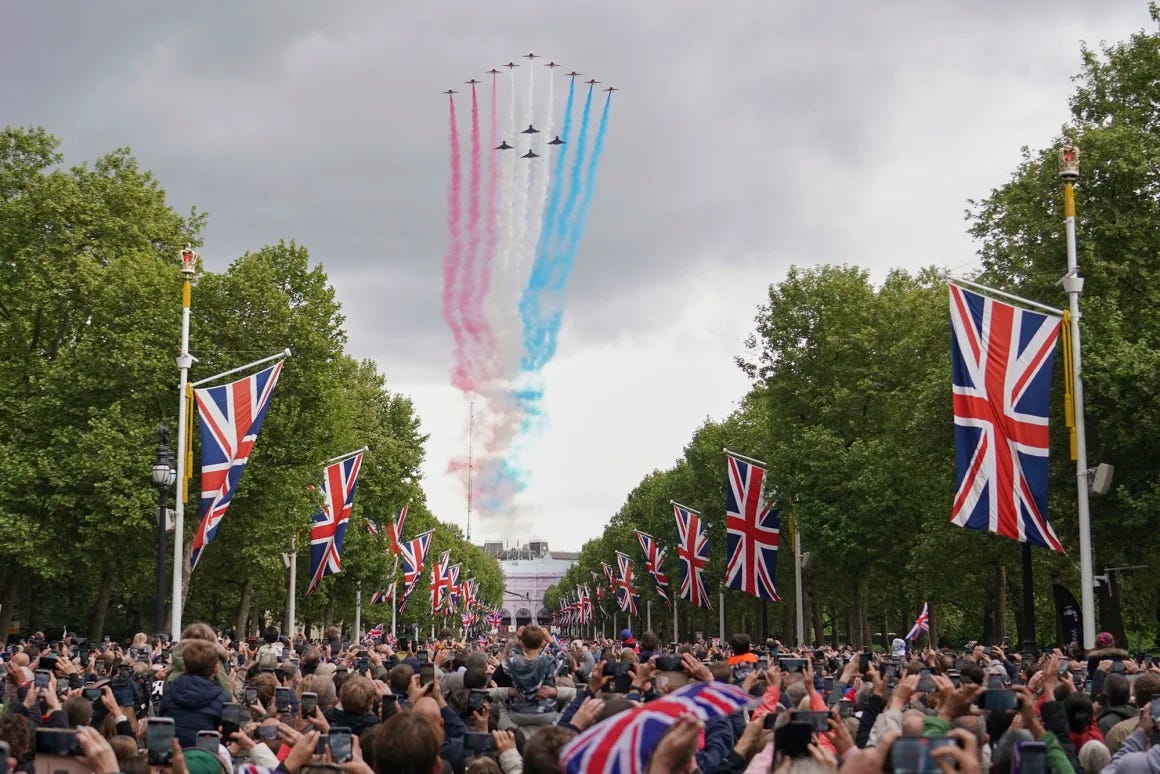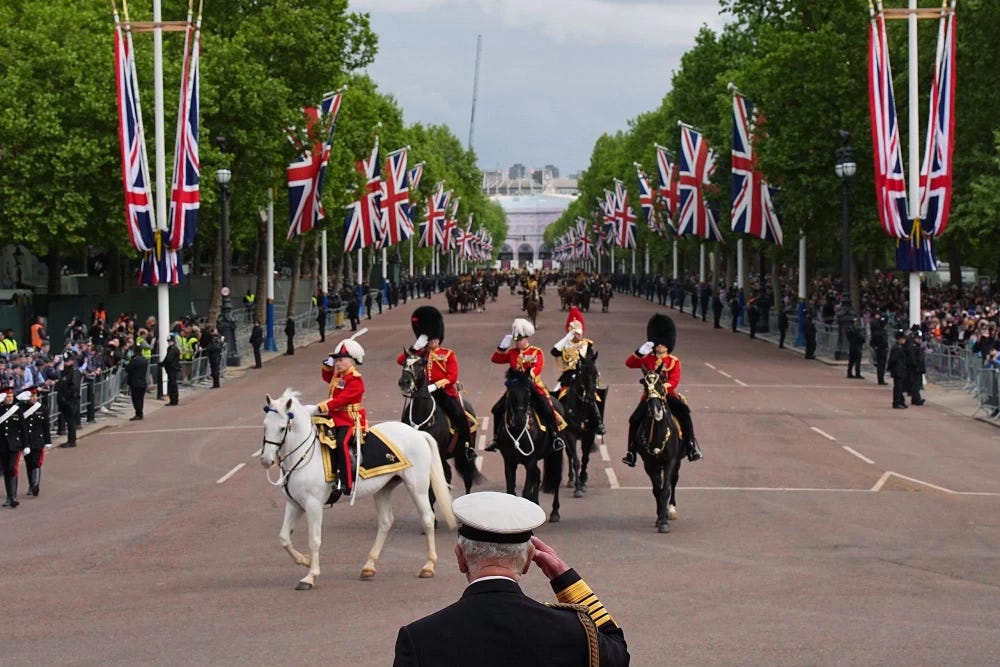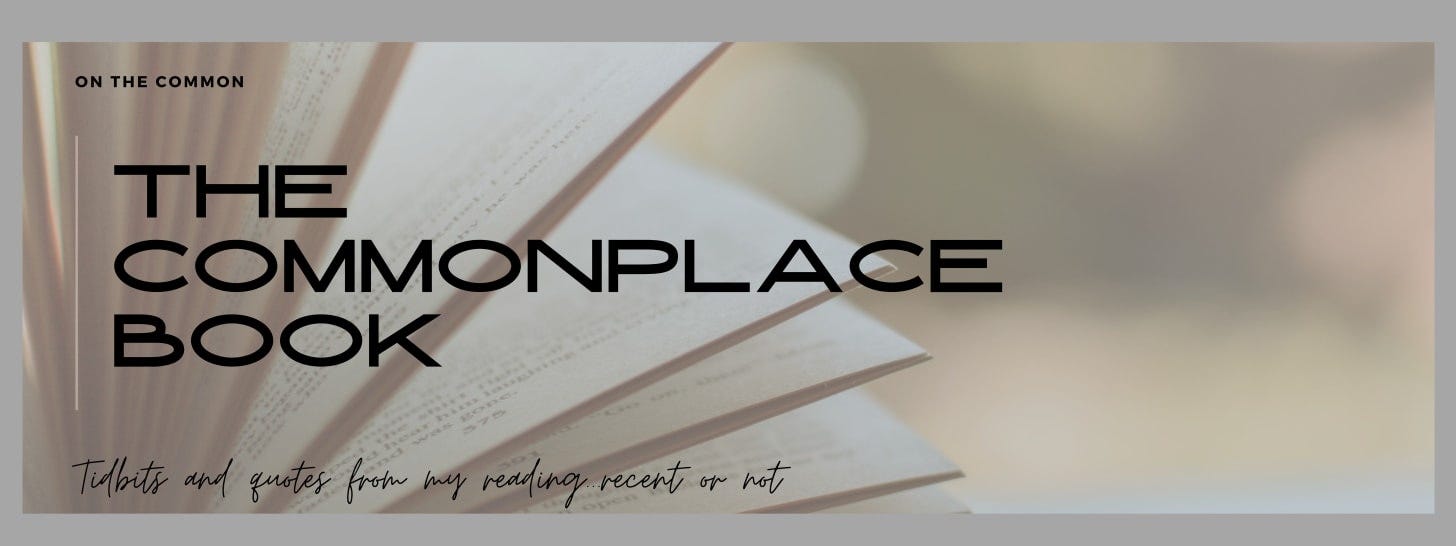Hi there,
Last week I completed a Bible study on the book of Revelation wherein no one attempted to identify the antichrist or connect him to a political figure. I just thought I should mention it.
The Part Where There’s an Essay: Tangible vs Artificial
Last year, I was part of a meeting wherein we were discussing life in 2024 in the publishing industry. When it came to my turn to talk, I said simply, “I am concerned about AI.” My colleague, an editor, nodded and asked me to say more. I tried not to go on a tirade, but here are a few concerns I mentioned at the time. You may take it or leave it.
First off, we Christians believe that humans—the imago dei—are not just brains or spirits, but also bodies. To suggest that the value of a knockoff—a version of human words, music, or art that is gleaned, mixed up, and spewed forth by a machine—is of the same worth as a human invention is untrue. We are not merely “producers of ideas,” but also fully human beings, experiencing fatigue, love, rainfall, grief, and the smell of chocolate cake. We place value on things produced by other human beings in part because they are produced by other human beings and not machine-made.
We Christians also believe that the Holy Spirit is present and at work in our lives. His presence is at work from day to day, from situation to situation, from moment to moment. He inspired and influenced the writers of Scripture. He still works in the words, the songs, and the artwork that is produced by believers today. He is absent from nonhuman works. That does not mean we are unaffected by nonhuman works—I can imagine a scenario in which a piece of computer-generated art brings about conviction or moves someone to love—but it does mean that the process by which the art is brought about is left out, meaning that the interplay between Spirit and artist is absent.

What is lost, then, in the shuffle of AI, is the interplay between human producer -Holy Spirit- human recipient. It matters that people are involved at every step here. This presence of the human body in the doings of God is observable in the rites of baptism and communion, the bearing of witness at a wedding, and the attendance of mourners at a funeral. The presence of the body, mind, spirit, and heart of humans alongside other humans matters in tangible ways and intangible ones.
What if ten years from now, the insistence of Christians upon human interaction and human production was something that distinguished us as a community? What if our polite but stubborn demands that we must be in the presence of one another were a marker of disciples of Christ? What if our requirement that art, music, and writing be made by another human being and not a machine was a characteristic that set us apart?
Tonight, as I tried to finish this essay, my draft page kept refreshing itself and losing my progress. Eventually, I had to compose in another program and come here to paste it in. As I reached out for help from Substack, I was offered some AI assistance. Sometimes that kind of chat feature works for me, and I’m not entirely opposed to it. But after a second unsuccessful try, I just typed, “Can I speak to a human?” The bot immediately recognized this request and sent me to the Substack help desk. I should hear from them in an appropriate non-immediate period of time. This is another thing human interaction brings us, whether we want it or not: patience.
For the Anglophiles
You may have seen some photos earlier this week from the VE celebration in London. It has been eighty years since the end of World War II in Europe:
Reads & Listens of the Week
A celebration of the handshake. “A community that never talks and never meets the eyes and never touches hands is not a real community. It is no place in which to rear children or otherwise seek to live the good life.”
The Library of Congress recently featured the liberation of Dachau on its Instagram account. The full collection is available here.
This is beautiful:
Spring drew on...and a greenness grew over those brown beds, which, freshening daily, suggested the thought that Hope traversed them at night, and left each morning brighter traces of her steps. ― Charlotte Brontë, Jane Eyre








Congrats re: Revelation! That's a shocker.
I didn’t realize you were a BSF’er also. My second time through Revelations, or maybe my third? Possibly the best
word pictures ever written.